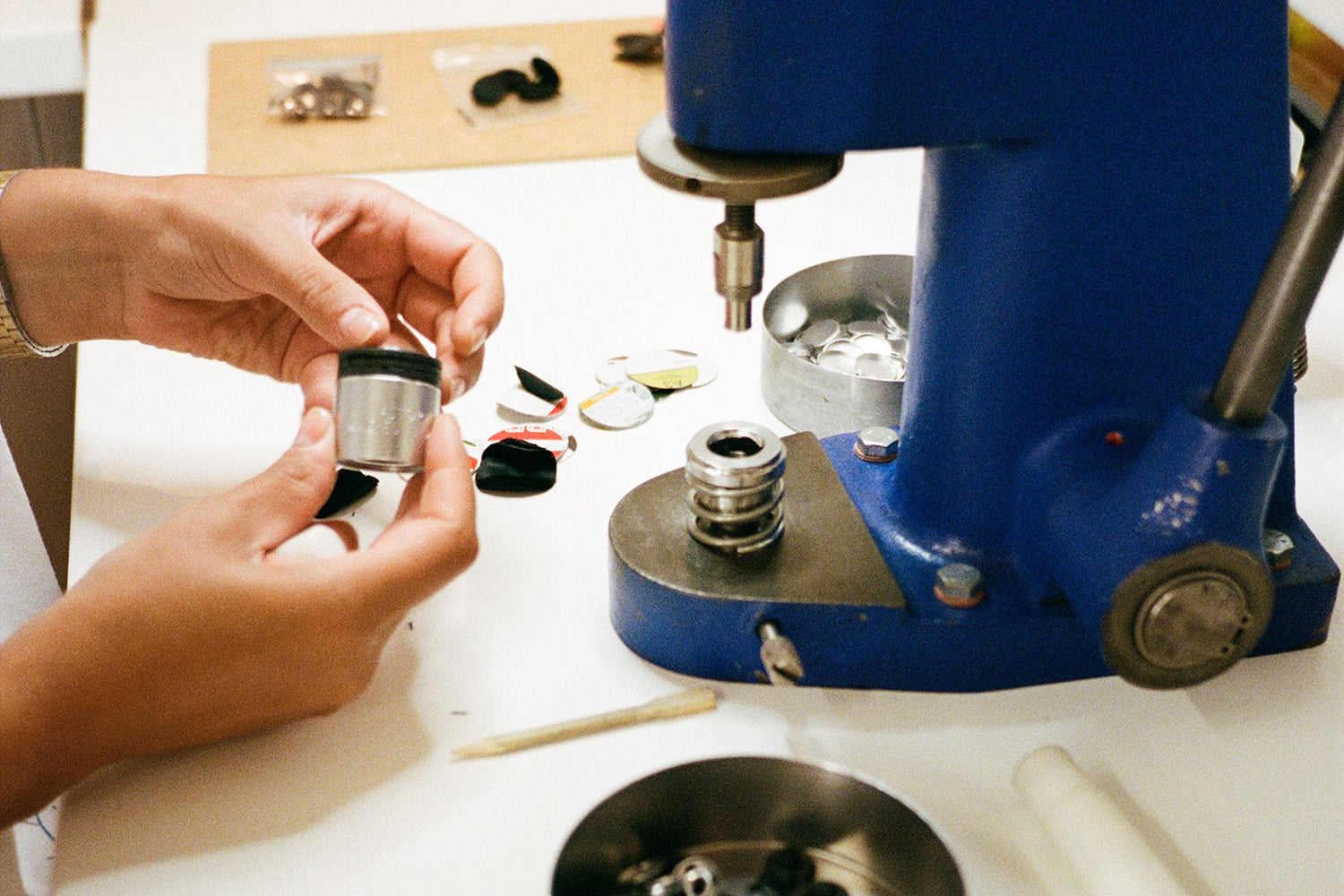
GOTS certification: what is it?
GOTS (Global Organic Textile Standard) certification is a global certification for organic fibres, which includes not only ecological but also social criteria and is based on independent certification of the entire textile supply chain.
What is GOTS certification?
GOTS (Global Organic Textile Standard) certification is a global certification for organic fibres, which includes not only ecological but also social criteria and is based on independent certification of the entire textile supply chain.
The certification covers the processing, manufacturing, packaging, labelling, trade and distribution of all textiles made from at least 70% certified organic natural fibres. It is currently the one with the most demanding specifications .
There are 2 levels of GOTS certification:
- Level 1: Organic textiles: they must be composed of a minimum of 95% certified organic fibers.
- Level 2: Textiles composed of a certain percentage of organic fibers: they must be composed of at least 70% certified organic fibers.
What are the measures of GOTS certification?
GOTS certification is only dedicated to natural fibers: cotton, hemp, silk, wool, linen, etc., with the exception of leather and bamboo.
Environmentally, the certification guarantees that the textile fibres come from organic farming. They are therefore grown without chemicals or pesticides. The use of GMOs is also completely excluded. The fibres must then be processed and stored in a different location from that used for standard fibres.
A GOTS-labeled fabric is therefore made from natural raw materials, grown without toxic products harmful to human health and the environment.
Certification also ensures the limitation and proper management of waste, the treatment of wastewater and the recycling of packaging.
On the social level, GOTS certification prohibits forced labor, discrimination and child labor. GOTS certification promotes freedom of association, regular employment and fights for working conditions with decent wages and hours.
Who can issue GOTS certification?
GOTS certification is at the expense of the company (manufacturer of finished products, manufacturer of materials or supplies) that wishes to be labeled. It must be validated by an approved certification office such as Ecocert, Veritas or Control Union and will be audited annually. The label certifies that the entity meets its environmental, health and social requirements for each stage of production. Certification can be national or international and concerns textile raw materials, household products, cosmetics and certain food products.
The GOTS certification fee for each company depends mainly on the number of items, the product range concerned and the number of facilities to be certified. It costs between €1,200 and €3,000 for an annual certification, to which is added a fee of €150 / year for each establishment inspected.
What is the difference between GOTS certification and the Oeko-Tex label?
The Oeko-Tex label only guarantees the non-toxicity of a material or a finished product for the person who made the garment and for the final consumer. Its name, which resembles “eco”, is confusing; it does not guarantee an eco-responsible characteristic of the product.
GOTS certification guarantees the organic nature of a material, textile or finished garment and also that they come from fair trade.
Beware of "false labels" and greenwashing, or supposedly ethical brands that only label a tiny part of their products to improve their brand image through massive communication campaigns.
Labels do not provide assurance that a brand is ethical overall, but conversely, their absence does not systematically prove that a product is not sustainable.
At Facettes, we currently only have two GOTS-labeled products: the vest and the pants made from navy blue GOTS linen canvas . Here, it is the main material that is labeled and not the product itself. However, all our products are eco-responsible because they are made from dormant stocks, produced in small series and manufactured in France in a responsible workshop.
Set consisting of the Monica vest and Bianca pants in navy blue GOTS linen canvas.
High-waisted navy blue upcycled linen tailored trousers with a pleat, slanted pockets, and a belt loop. Concealed zipper, button, and hook-and-eye closure. Two slanted pockets on the front, two faux welt pockets on the back. Belt loops at the waist.
Women's navy blue tailored vest in upcycled linen, featuring 10 buttons on the front and an adjustable tab at the back with a buckle. American armhole. Two piped pockets on the front. Upcycled lining.















